Often, I will build Modelica models with parameters that are dependent on other parameters:
model ParameterTest
parameter Real a = 5;
parameter Real b = a/2;
end ParameterTest;
Here, parameter b is no longer available to be parameterized in the compiled model and I've locked in the b=a/2 relationship.
Alternatively, I could have done the following:
model ParameterTest
parameter Real a = 5;
parameter Real b = 5/2;
end ParameterTest;
Here, I've lost some of the traceability and logic for my default value for parameter b and I need to manually maintain/update parameter b if I were to change parameter a in the future. This is a trivial example, but potentially in a more real-world example, the equation set and logic would be more sophisticated to determine parameter b.
While the above behaviors are perfectly logical and expected, what I would often prefer is a 3rd approach that gives me the best of both worlds: specify my default value for parameter b in terms of parameter a, but maintain the ability to change/parameterize b after compilation. Also, to give some motivation here: I would say that this situation/need arises when there isn't a strict relationship between the parameters (a and b in this case), but there is a convenient/typical default relationship.
For example, if an annotation like the following existed, it would be nice:
model ParameterTest
parameter Real a = 5;
parameter Real b = a/2 annotation(EvaluateExpression=true); // this would effectively replace "a/2" with "2.5" prior to compilation
end ParameterTest;
Is there any known way to achieve what I'm after? Or any other thoughts/suggestions?
